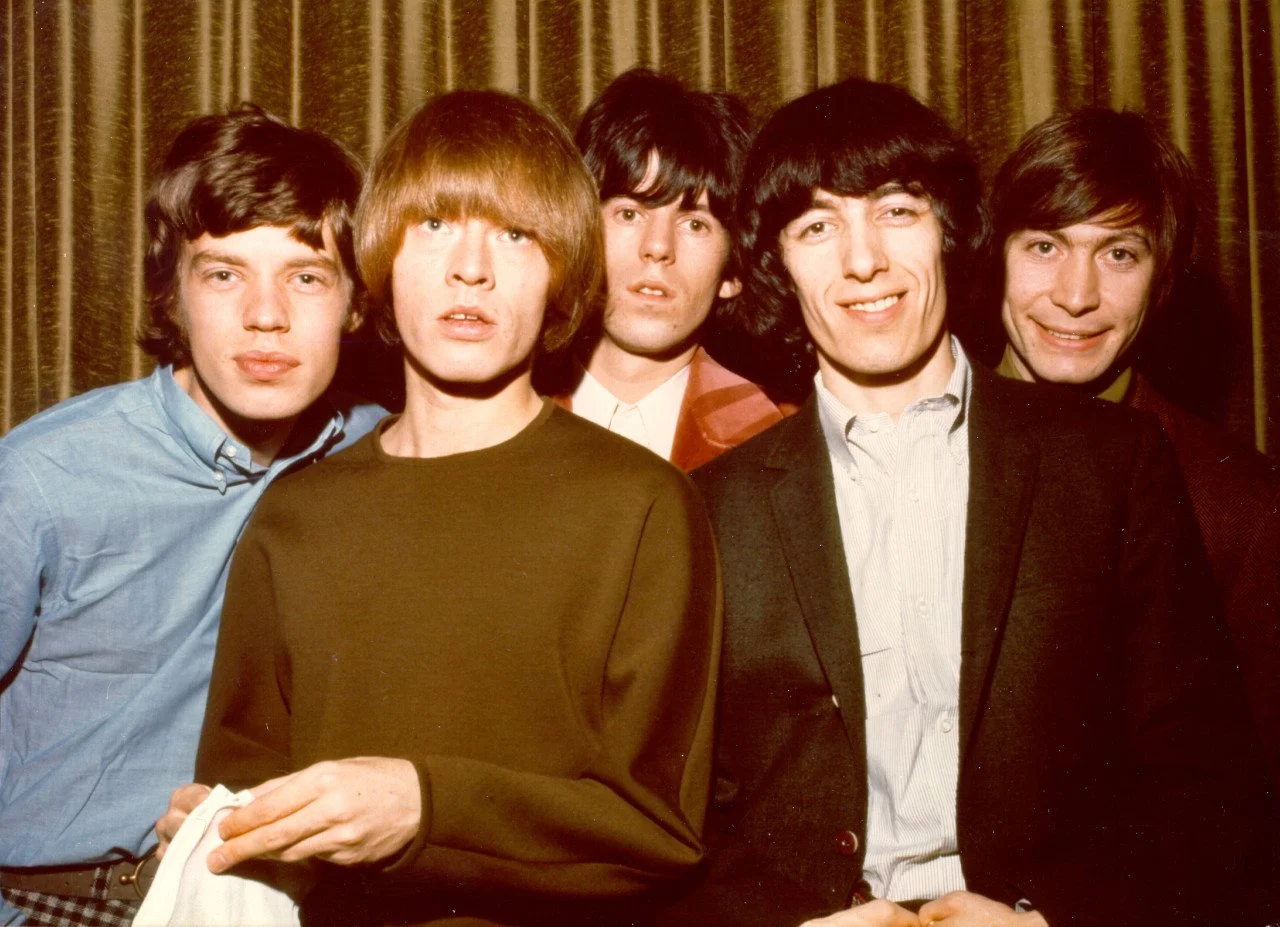The Stones and Brian Jones: Spotlighting a Musical Genius with a Dark Side
By Liz Braun
Rating: A
The Stones and Brian Jones is an intriguing and surprisingly moving documentary that offers new insight into the man, the band, and the era.
Among other things, documentarian Nick Broomfield’s latest film presents an unvarnished look at the “swinging ‘60s” in London, thanks to some hitherto unseen archival footage. (Broomfield discusses his exhaustive hunt for previously unseen footage in this riveting Q&A with O-C).
Considered the first casualty of rock ’n’ roll — and the first member of the “27 club” upon his death in 1969 — Jones was the founder of the Rolling Stones and initially the band’s leader. He rounded up the other members of the band through classified ads and via various London clubs in the early ’60s.
Broomfield paints a portrait here of a gifted musician undone by addictions and insecurities. The film opens with Jones talking about the things that drive a wedge between parents and their children — exactly his own situation.
The guitarist’s parents disapproved of their son’s lifestyle and career choice; according to the letters he sent home, Jones never stopped seeking their approval.
His parents threw him out when he was 17. Thereafter, Jones lived with the families of various of his girlfriends, impregnating at least five of his teenaged partners along the way.
Bill Wyman is one of many people — friends, colleagues, fellow musicians, girlfriends — who contributes to The Stones and Brian Jones, and while he praises Jones’ brilliant musicianship, Wyman is the first person in the film who talks about Jones’ capacity for cruelty.
Wyman also testifies to Jones’ insecurity about his diminutive stature, and to his sense of alienation as Mick Jagger and Keith Richards slowly took over leadership of the band.
Jones did not write songs, another area where he felt bested by the Glimmer Twins. As the film progresses, more people weigh in on Jones’ painful insecurities and his growing dependence on alcohol and drugs.
Those were heady days on the rock scene, but as the band’s popularity expanded, Jones seemed to become increasingly withdrawn.
Once Anita Pallenberg was on the scene, Jones had a brief personal renaissance; their relationship was volatile and eventually toxic.
For this film, Broomfield discovered some wonderful old photos and film footage, including home movies and news reports from the Stones’ earliest days. A lot of the archival footage has never been seen before.
Although known for sometimes being a character in his own movies, Broomfield is heard (in voiceover) but not really seen here. He does offer a personal anecdote about Jones’ kindness to him when Broomfield was 14 and encountered the musician on a train.
The Stones and Brian Jones is fairly dark and essentially tragic, but it also captures a remarkable time and place — sex, drugs, rock ’n’ roll — and the social upheaval of the day. And it underlines Jones’ crucial role in the band’s earliest days.
“Most people today haven’t even heard of him,” says Broomfield of Jones at one point in the film. The Stones and Brian Jones goes a long way toward correcting that.
The Stones and Brian Jones. Directed by Nick Broomfield. Written by Nick Broomfield and Marc Hoeferlin. With Bill Wyman, ZouZou, Linda Lawrence, Eric Burdon, and Marianne Faithfull. In theatres November 17 in Toronto (Hot Docs Cinema), Vancouver (Vancity) and in London and Waterloo and available to rent or buy that day on Apple TV and other VOD platforms.



